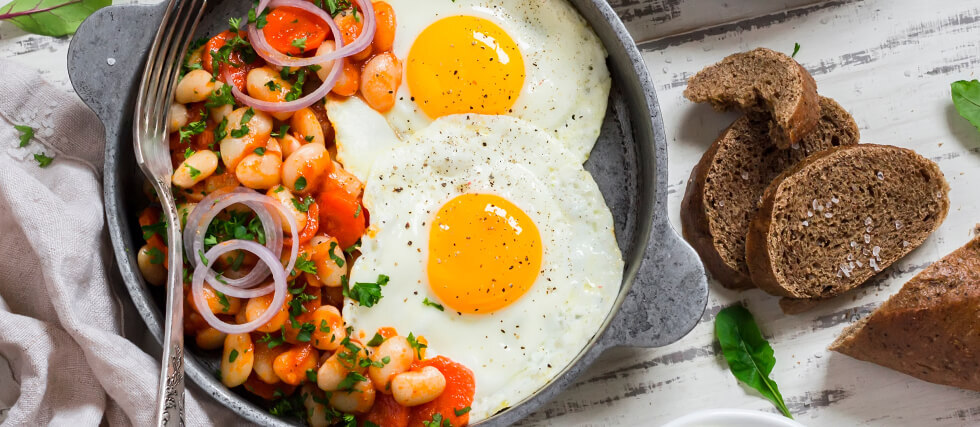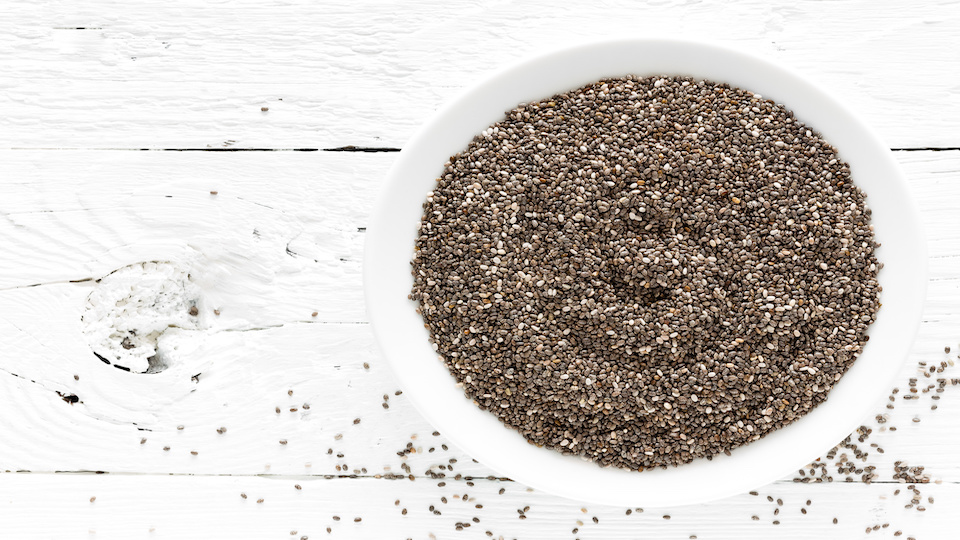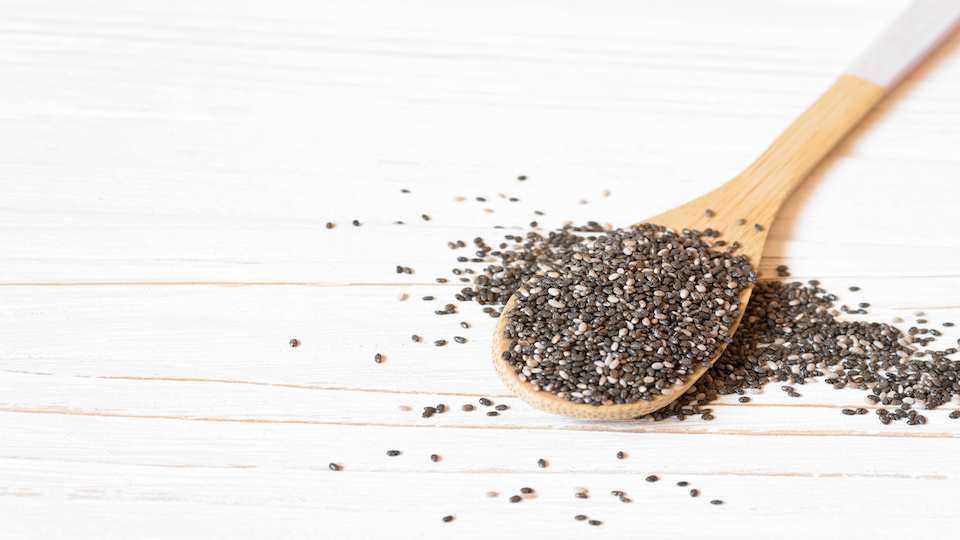How Vegetarians Can Easily Get 80 Grams of Protein a Day
Hitting your protein goals as a vegetarian isn’t as complicated as it sounds. With a bit of planning and a few smart swaps, it’s easy to get 80 grams of protein a day — even without meat.
Protein is essential for muscle repair, energy, satiety, and even for maintaining healthy skin and strong nails. While the World Health Organization recommends 0.83 grams of protein per kilogram of body weight, active individuals or those over 30 may need more, up to 1.5 grams per kilogram.
Here’s how one vegetarian does it:
Start Strong with Breakfast
Aim for 25–30 grams of protein in the morning. Try two eggs on whole grain toast with hummus and sprouts, or an omelet with chia or hemp seeds. A high-protein breakfast keeps cravings in check all day.
Snack Smart
Instead of empty calories, go for snacks that double as protein boosters: a banana with peanut butter, almonds, or a sheep’s milk yogurt with chia or spirulina.
Sprinkle in the Protein
Hemp seeds (35g/100g), chia (20g), pumpkin seeds (19g), and brewer’s yeast (46g) are powerful add-ons. Keep a mix on hand to sprinkle on salads, soups, or smoothies. Even spirulina delivers a whopping 57g per 100g.
Center Each Meal Around Protein
At every meal, choose a protein anchor: good options include lentils, beans, or eggs. Then build around it with grains and veggies. Pairing cereals and pulses — like rice and lentils or chickpeas and couscous — ensures you’re getting all essential amino acids.
Pro Tip: Combine dairy and eggs with a variety of plant proteins to cover all your bases. With a balanced mix of whole foods and protein-rich add-ons, staying meat-free while hitting your protein goals is totally doable — and delicious.




